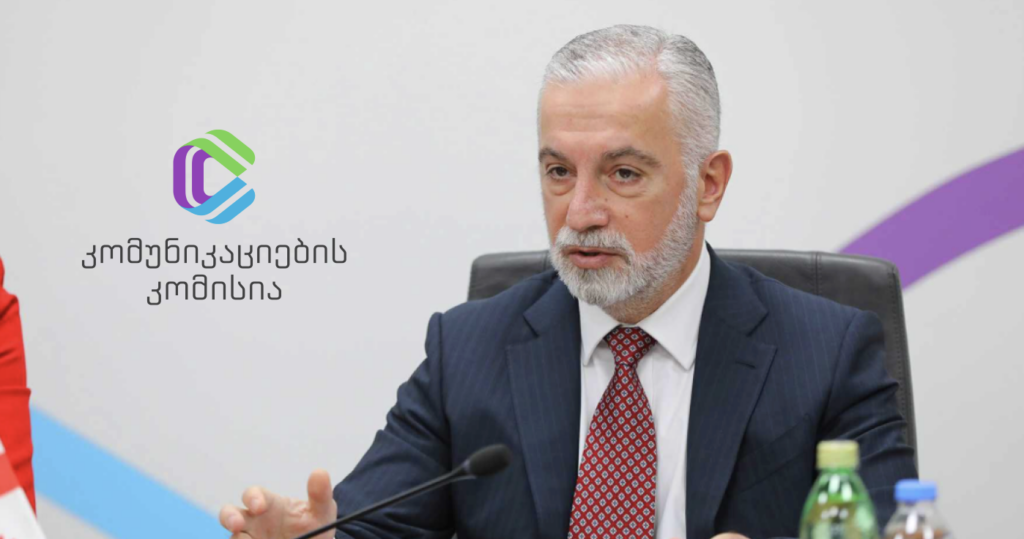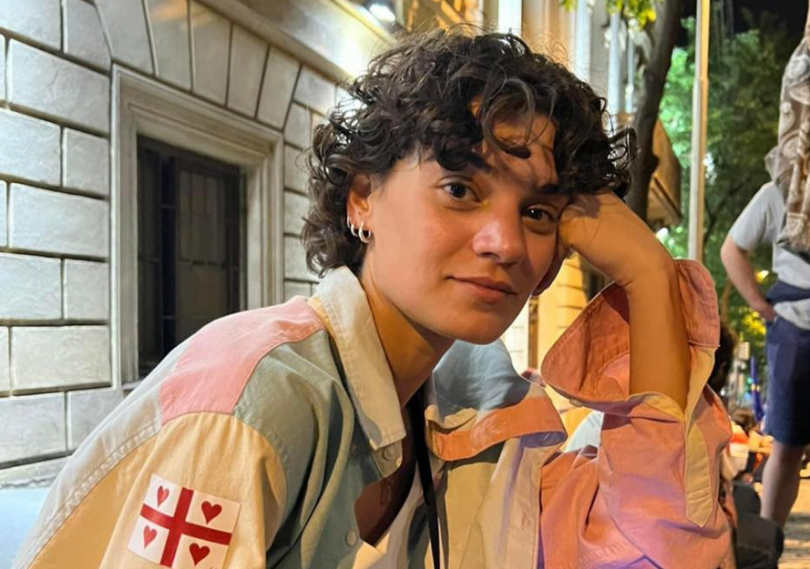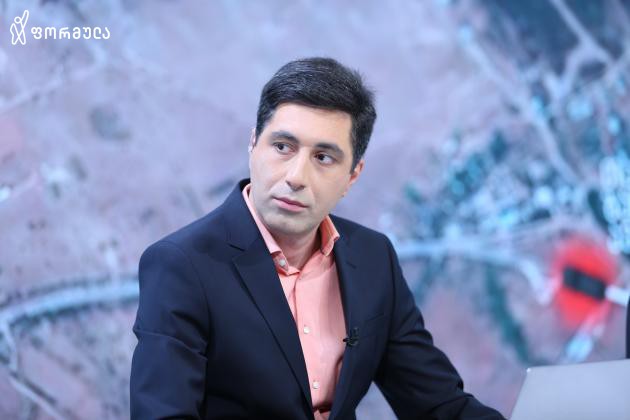Summary
Media environment in Georgia is known as pluralistic, however oligarchic influence may affect its viability. In recent years Georgia has witnessed dramatic democratic backsliding. The conditions for journalistic activities, particularly those representing critical media outlets, have deteriorated to the extent that on several occasions in 2021 and 2022, media professionals’ lives were threatened while carrying out their journalistic duties. Physical attacks; threats and intimidation; illegal surveillance; politically motivated investigations; and court trials targeting media owners, journalists, and their family members are just some of the growing challenges faced by critical media outlets over the last two years.
The situation is further exacerbated by the lack of political will to conduct effective investigation into cases related to the violation of journalistic rights. The politicization of the judiciary and law enforcement system undermines the basic standards of rule of law and contributes to the creation of a climate of self-censorship and impunity.
Introduction
The ruling party continues to abuse its influence over the judiciary and law enforcement bodies to harass critical media outlets and suppress free expression in the country. In 2022, public institutions, including the judiciary, were used on a number of occasions to suppress the work of critical media outlets. Furthermore, through the use of SLAPP lawsuits, government officials and other persons affiliated with the ruling party launched a massive campaign against critical media outlets with the intention of silencing and harassing government critics.
Context
In recent years media environment in Georgia has significantly worsened. The ruling GD party has created a hostile working environment for journalists representing critical media outlets. In 2021 and 2022 years there were numerous cases when safety of journalists was at stake and media professionals’ lives were threatened while carrying out their journalistic duties. Physical attacks; threats and intimidation; illegal surveillance; politically motivated investigations; and court trials targeting media owners, journalists, and their family members are just some of the growing challenges faced by critical media outlets over the last two years.
The situation is further exacerbated by failure of authorities to credibly investigate and prosecute those involved in violation of journalists’ right and thus, interfere in journalists’ professional activities. As a result of the deteriorated media landscape, Georgia’s position in the Reporters Without Borders (RSF) annual press freedom rating has significantly worsened from 60th place to 89th.
Politically motivated court cases
Nika Gvaramia
On May 16, 2022, Nika Gvaramia, a founder and director of the leading opposition media outlet Mtavari Arkhi, was found guilty by Tbilisi City Court on dubious charges and sentenced to three years and six months of imprisonment. The verdict caused unprecedented criticism among both the local and international communities, who characterized it as a blatant violation of the journalist’s rights and a serious setback for Georgia’s media environment and the country’s Euro-Atlantic aspirations.
In response, Amnesty International condemned the verdict as politically motivated and issued a statement calling for the immediate release of Gvaramia. The Committee to Protect Journalists also called for the release of Gvaramia and demanded he be allowed to immediately resume his journalistic duties. Reporters without Borders (RSF) called for a review of what they deemed an “unprecedented conviction.” The associate director of the Europe and Central Asia Division at Human Rights Watch condemned the verdict, defining it as “a huge blow to media freedom and the rule of law in Georgia.” In response to the verdict, the U.S. Embassy in Georgia called “into question Georgia’s commitment to the rule of law.” The European Parliament condemned the sentencing of Nika Gvaramia, noting that it “highlighted persistent mistrust in Georgia’s judiciary system.” In addition to concern about Gvaramia, the verdict also prompted the Council of Europe to issue a special alert on its safety of journalists’ platform. Nika Gvaramia has been included in the Reporters without Borders and the Committee to Protecy Journalists’ lists as a journalist whose imprisonment is related to his professional activity.
Despite mounting concern domestically and internationally, the Court of Appeals upheld the conviction of Nika Gvaramia. The Public Defender expressed serious concern regarding the decision, and the U.S. Embassy in Georgia responded that “… the continued imprisonment of Nika Gvaramia, the Director General of the main opposition TV channel, puts at risk the clear choice of the people of Georgia – and Georgian leaders’ stated goal – for a more secure, democratic European future.”
TBC and TV Pirveli
Another politically motivated case that continued to play out in 2022 was the trial of Avtandil Tsereteli, the father of the founder of TV Pirveli. Along with other critical media companies, TV Pirveli and its journalists are frequently the subjects of violence, threats, and intimidation. Avtandil Tsereteli, along with TBC Bank founders and opposition leaders, Mamuka Khazaradze and Badri Jafaridze, was charged with money laundering in 2019. The owner of TV Pirveli denounced the charges against his father, characterizing the case as politically motivated to silence critical media. In 2020, the Public Defender assessed that “the case materials do not contain the elements necessary for assessing an action as a crime of money laundering.” In January 2022, Tbilisi City Court found all three men guilty of fraud and sentenced them to seven years in prison. However, due to the fact that the statute of limitations had passed by the time of the ruling, they were not sentenced to prison time. The verdict has been appealed, and a decision is expected at the beginning of 2023.
Davit Kezerashvili and TV Formula
In 2022, TV Formula and its journalists were also subject to government suppression for their critical views. In the months leading up to the 2021 elections, Davit Kezerashvili, the co-owner and a major funder of TV Formula who previously served as a Defense Minister under the Saakashvili government, was sentenced to ten years in prison by the Supreme Court for misappropriating state funds; this ruling came four years after Kezerashvili was acquitted by Tbilisi City Court and the Tbilisi Court of Appeals. Shortly after the verdict, the Ministry of Defense of Georgia filed a lawsuit against Davit Kezerashvili seeking compensation in the amount of five million euros for funds that he allegedly embezzled while in office. Given Kezerashvili’s position at the opposition media outlet and the timing of the verdict only weeks before municipal elections were to be held, journalists of TV Formula and civil society organizations expressed concern that the verdict and subsequent lawsuit were part of a government attempt to silence critical media outlets. On March 29, 2022, Tbilisi City Court ordered Kezerashvili and the former head of the procurement department to jointly pay 5,060,000 euros in compensation to the Ministry of Defense of Georgia. The decision has been appealed, but the Tbilisi Court of Appeal has upheld the first instance verdict.
Safety of Journalists
The physical safety of media professionals has become a growing concern in recent years as journalists have become the frequent targets of violence, threats, and intimidation. According to official data provided by the Special Investigation Service for the period between March 1, 2022 and December 22, 2022, the agency launched investigations into 12 cases of illegal interference in the work of media professionals.
Documented attacks against journalist in 2022
On March 2, 2022, during a court hearing related to the attacks against media representatives and LGBTQI community members on July 5-6, 2021, TV Formula journalist Rati Tsverava was verbally attacked by persons allegedly connected to violent hate groups. Journalists of Rustavi 2 were also victims to the verbal attacks. On August 24, 2022, Rati Tsverava and his cameraman were physically attacked in Tbilisi during a live broadcast. On March 18, 2022, regional correspondent for TV Mtavari Arkhi Emma Gogokhia and her cameraman were verbally attacked near the office of the pro-Russian “Conservative Movement” party. On June 24, 2022, TV Pirveli journalist Nanuka Kajaia and her cameraman were verbally attacked in Tbilisi while performing their professional duties. On June 30, 2022, Vato Tsereteli, the director of TV Pirveli, was physically assaulted by Georgian Dream deputies on the territory of the U.S. Embassy in Georgia during an event dedicated to American Independence Day. The incident was confirmed by the ruling party members, who blamed Tsereteli for the provocation. On June 19, 2022, a camera crew of TV Pirveli was verbally and physically assaulted in Batumi.
The already dangerous climate for journalists in Georgia continues to be further aggravated by the violent rhetoric of leaders of the ruling party. Instead of answering questions posed by members of the critical media, these officials have, on repeated occasions, used the opportunity to verbally attack journalists. This antagonistic rhetoric towards journalists has also been increasingly observed in the statements of representatives of the Georgian Orthodox Church, the most powerful and trusted institution in the country.
Despite numerous calls by international community and Georgian CSOs to ensure media freedom, including to launch impartial and timely investigations into cases of the violation of journalistic rights, “to restrict the use of strategic lawsuits” against media owners and managers, “… to refrain from using aggressive rhetoric and discriminatory treatment towards media representatives in Georgia and to advocate for a tolerant approach that is respectful of human rights in their public statements” the situation remains yet unchanged.
Conclusion
Physical and verbal attacks, ineffective investigations and politically motivated cases against journalists, media managers, owners and their family members create a hostile working environment for journalists and aim at silencing critical media outlets. The climate of impunity and hostility hinders journalists from performing their professional duties, hold the government accountable and the public well informed.


